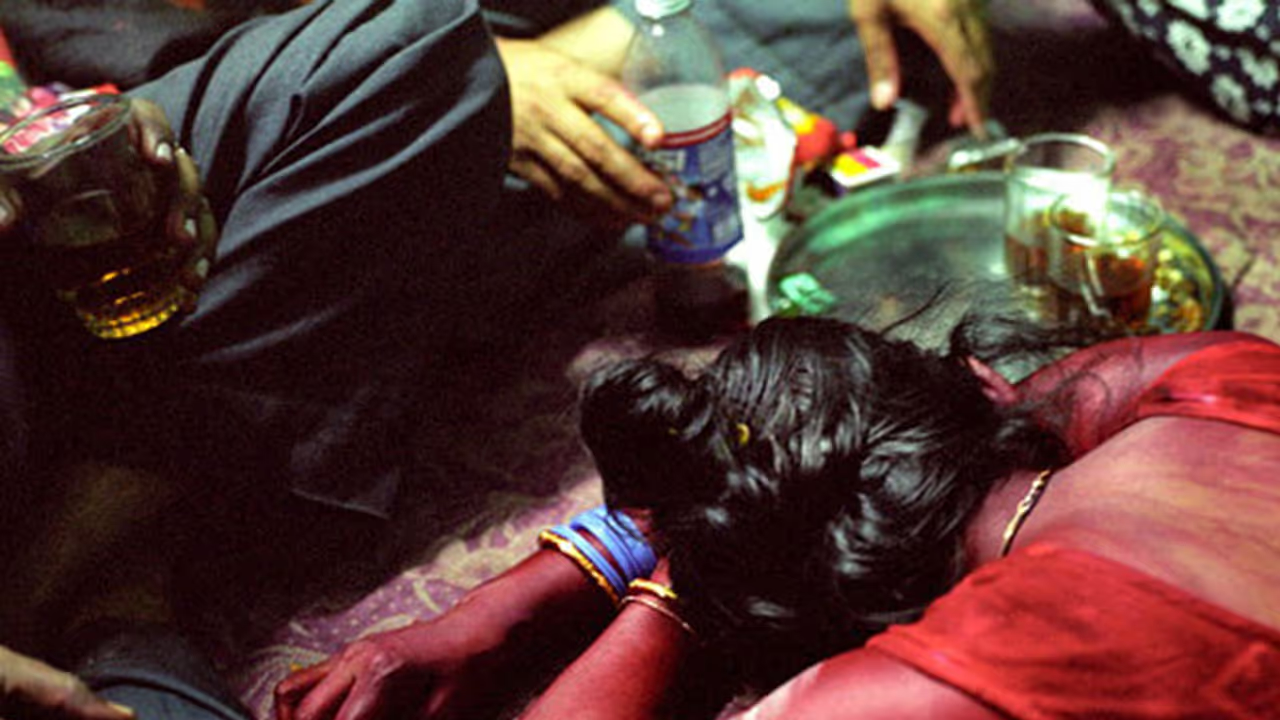Indians treat their domestic helps in a subversive manner, leading to many suicides. In fact, the culture seems to be prevalent in the higher echelons of the society too. The sensational Devyani Khobragagade case in the US is one of such cases.
A recent survey funded by the US Government has assessed that India has close to 14-18 million 'slaves', which is considered to be the highest in the world. In the light of the fact, the Modi government feels that this documentation could potentially harm the image of the country and adversely impact efforts to eradicate forced labour.

In fact, a government official pointed out, "There is evidence of rising interest of private and multilateral institutions in highlighting human trafficking and forced labour as modern day slavery, with India being the largest hub of slaves. Slavery documentation and laws, which include the annual trafficking persons report of the US, and anti-slavery laws of USUK make it mandatory for businesses to declare that none of their suppliers are violating slavery norms laws."
While many consider it a mere assessment, Indian agencies opine that the European corporations use it to fund NGOs to curb alleged slavery in south India's textile industry, which contributes to 40% of the country's textile Some experts also opine that that this is a plan by the US administration to put pressure on India to dilute its stand on US NGOs like Compassion International, put in `prior permission' list, requiring them to seek prior clearance for all contributions to Indian NGOs.
Having said that all, it still needs to be analysed whether the US authorities really make sense, especially because the recent spate of labour-centric incidents in India and those involving Indians abroad cannot be ignored. The Indian government may skirt the issue willingly, but atrocities against maids and labourers cannot really be overlooked.
The recent case of a minor girl jumping off the 11th floor of her employer's apartment is a case in point. With US passing laws against countries encouraging forced labour, child labour, domestic servitude, this is not good news. The case in point involved a 13-year old girl attempting to commit suicide to escape slavery and torture she endured for 2 years. She was caught in a bird net on the 10th floor and was rescued after several hours of being stuck. The girl was locked in the apartment and was not allowed to step out. She was starved too.
In a similar incident, two Nepali maids were raped and tortured by their employers in Gurgaon. The police rescued the duo after being tipped off by an NGO. In another incident 2 days ago, a film and TV serial producer has been arrested for raping his maid and blackmailing her with an MMS clip of the incident. She was also threatened with dire consequences if she reported to the police. It was an FIR lodged by the woman's husband that tipped off the police and pressed them into action.
While these are recent incidences of Indians involving in exploiting their domestic help, the sensational Devyani Khobragade case in the US paints a similar picture in the higher circuits of the Indian government. In a legal complaint filed by Khobragade's maid Sangeeta Richard, it is described that before hiring, Khobragade and Sangeeta Richard verbally agreed in India to a starting salary of 25,000 rupees per month, plus an additional 5,000 rupees for overtime.
Based on the exchange rate at that time, 30,000 rupees is equivalent to 573.07 U.S. dollars or about $3.31 an hour, assuming a 40-hour work week. Khobragade signed a written contract with Richard which stipulated her hourly salary in the U.S. would be $9.75 and that the normal working hours per week shall be 40.
This contract was submitted to the U.S. government as part of the visa application where Khobragade stated Richard would be making "around $4,500 per month". The complaint claims that Khobragade instructed Richard not to say anything to the embassy interviewer about being paid only 30,000 rupees per month, but to say she would be paid $9.75 an hour and work 40 hours a week.
The complaint then alleges that Khobragade asked Richard to sign another employment contract shortly before leaving India, which was not intended to be revealed to the U.S. government. This second contract allegedly says she was to be paid an expected salary of Rs. 30,000 per month with no mention of sick days or vacation time.
The actual truth behind the case is hidden till date. But the matter of the fact is, there cannot be a smoke without a fire. India really needs to take the allegations placed by the US survey seriously and work on its labour laws.
